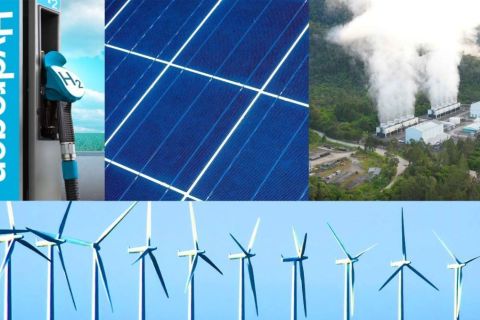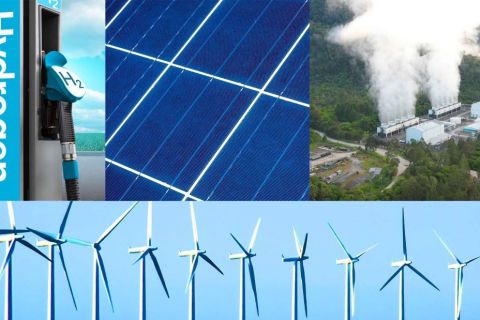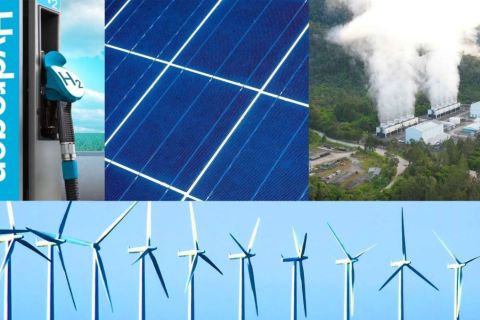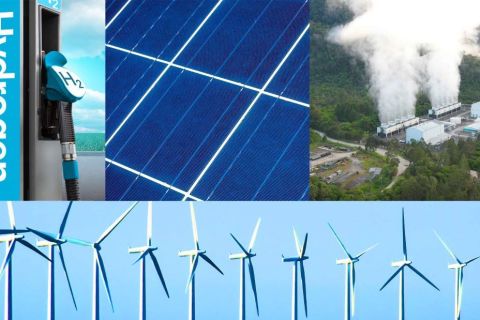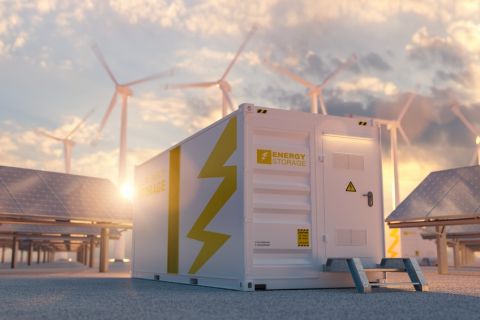Senegal has delayed the launch of an oil and gas licensing round due on Oct. 9 until Nov. 4 as contract documents still need to be finalized, oil minister Mahamadou Makhtar Cisse said.
“We need to ensure the legal framework for investors,” he told Reuters on the sidelines of an oil and power conference in Cape Town.
Senegal’s ambitions to become a major oil and gas producer have been overshadowed by allegations President Macky Sall’s brother was involved in fraud related to two offshore gas blocks being developed by BP.
Asked whether the scandal had dented investor appetite, Cisse told Reuters “We have not measured a negative impact.”
Prosecutors in Senegal launched an inquiry in June, and the president’s brother Aliou Sall resigned from his government post following the allegations reported by the BBC.
Senegal, where oil was discovered in 1961, expects all its offshore projects to come online between 2022 and 2026, the minister said.
According to the International Monetary Fund (IMF), between 2014 and 2017, oil and gas reserves worth more than 1 billion barrels of oil and 40 trillion cubic feet of gas, most of it shared with Mauritania, were found.
“Discoveries are important but will not lead to a major transformation of the economy, with hydrocarbons expected to make up not more than 5 percent of GDP,” the IMF said in a January country report.
The new licensing round will be open for six months and will seek developers for ten to 12 offshore fields, Mamadou Faye, managing director of national oil company Petrosen told Reuters.
The IMF forecasts growth of around 6.9% in 2019 for Senegal before this rises to 11.6% in 2022 when first oil is expected to flow.
Kosmos Energy, a U.S.-listed oil and gas exploration company, said last month the results of its appraisal drilling offshore Senegal were good enough to consider a second LNG export plant in the country.
Recommended Reading
Energy Transition in Motion (Week of April 12, 2024)
2024-04-12 - Here is a look at some of this week’s renewable energy news, including a renewable energy milestone for the U.S.
Energy Transition in Motion (Week of Feb. 16, 2024)
2024-02-16 - Here is a look at some of this week’s renewable energy news, including the outlook for solar and battery storage in the U.S.
Energy Transition in Motion (Week of Feb. 2, 2024)
2024-02-02 - Here is a look at some of this week’s renewable energy news, including a utility’s plans to add 3.6 gigawatts of new solar and wind facilities by 2030.
Energy Transition in Motion (Week of March 1, 2024)
2024-03-01 - Here is a look at some of this week’s renewable energy news, including Chevron’s plans for a solar-to-hydrogen facility in California.
RWE Boosts US Battery Storage with Three Projects
2024-02-14 - The three projects—two in Texas and one in Arizona—will lift RWE’s total U.S. battery storage capacity to about 512 megawatts.

